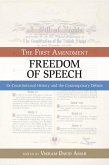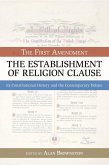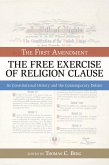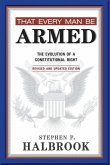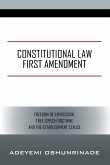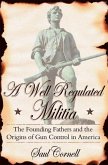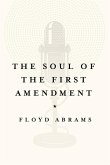The First Amendment of the US Constitution's Bill of Rights provides expressive freedoms through a number of "clauses." Among these, the least explored clauses are the Assembly and Petition Clauses, which provide that "Congress shall make no law...abridging...the right of the people peaceably to assemble, and to petition the Government for a redress of grievances." Most scholarly literature about the First Amendment omits consideration of these core concepts, which date back at least as far as the Magna Carta. This omission exists despite the fact that the US Supreme Court has termed these rights "among the most precious of liberties guaranteed by the Bill of Rights" (United Mine Workers v. Illinois Bar Association [1967]). This is the first anthology of scholarship about the Assembly and Petition Clauses, and as such it is a valuable addition to First Amendment literature. Editor Margaret M. Russell has assembled articles that shed light on the origins, history, scope, and contemporary relevance of the rights of petition and assembly. The first section treats the meaning of the assembly and petition clauses together and in constitutional context, in response to some scholars who have pointed out that the two rights are linguistically and inextricably linked in the text of the First Amendment. The second section turns separately to the Petition Clause, which only in the past two decades has generated significant legal scholarly attention. The third section focuses on the Assembly Clause, which has sparked considerably less scholarly attention, perhaps because it is often collapsed conceptually with the Free Speech clause. This lucidly written, well-organized anthology will be of great value to students and scholars of the law, American history, and political science, as well as anyone with an interest in our basic rights.


